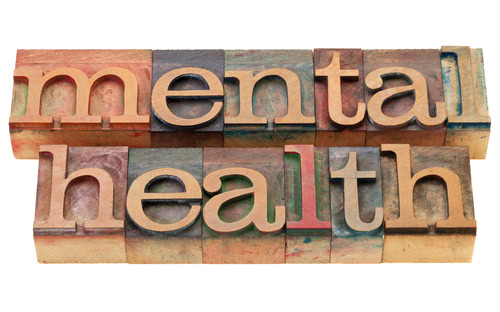Is Addiction A Mental Health Issue?

Often we discuss addiction and mental health exclusively. Mental health issues, in mainstream narrative, refers to the large spectrum of mood, personality, and psychiatric disorders. Mental health issues might range from anxiety and depression to narcissistic personality disorder and schizophrenia. Addiction is discussed exclusively as addiction, something separate from mental health. Largely, this is due to the pervasive stigma associated with addiction, whether that is addiction to chemical substances, alcohol, people, or activities. Addiction itself, as well as people who might be classified as “addicts”, are stereotyped and stigmatized, villainizing and criminalizing what is an actual disorder of the mind.
Addiction is a mental health issue. Formally referred to as a substance use disorder, for chemical addictions, addiction is listed in the Diagnostic and Statistical Manual of Mental Disorders. The “DSM” also lists addictions which may not be specified. There have been petitions to include issues like sex addiction, internet addiction, or gaming addiction. However, the only addiction outside of chemical addictions currently included is gambling addiction.
Referring to addiction as a mental health issue is critically important for those who are seeking recovery from addiction and those who are providing treatment for addiction. Many people who develop a substance use disorder or other addiction of any kind are concurrently struggling with another ‘mental health issue’ like a personality or mood disorder. Most often, mental health issues and addiction issues are intertwined. Distinguishing between the two led to years of ineffective treatment in which people would only receive care for one issue or the other. Today, as hundreds of thousands have died from opioid overdose specifically, it is widely understood that addressing addiction as a mental health issue, in addition to treating addiction along with existing mental health issues, is a vital necessity for ensuring the safety, abstinence and longevity of those seeking recovery. Numerous longitudinal research initiatives have concluded that fully comprehensive treatment which approaches addiction as mental health as well as other mental health issues is the most successful in leading to longterm abstinence from substance abuse in addition to remission from the symptoms of various mental health issues.
Let the Intent Clinical take the guesswork out of putting a treatment plan together. Our combined personal and professional experience empowers us to empower you with a private consultation and customized plan of action for getting the help you need. Call us today for information: 617 910-3940
